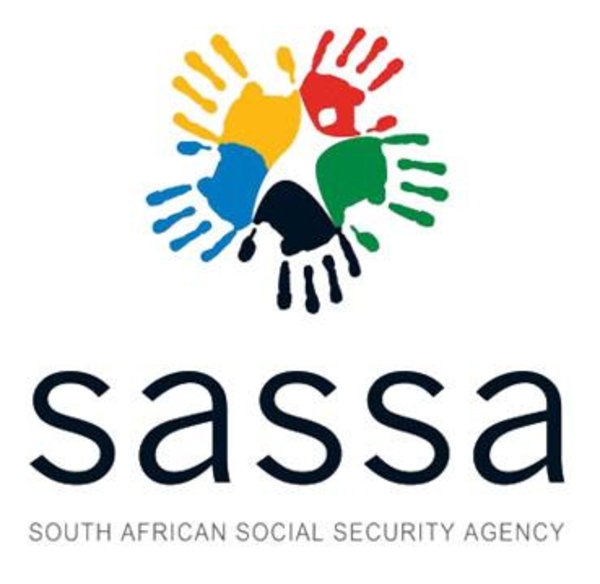Spotlight on social grants: The good, the bad and the confusing

For millions of South Africans, the monthly social grants — mostly pensions and child support — are the difference between survival and starvation.
But the R9-billion monthly social grant payment is not managed by the state: it has been outsourced to Net1, which owns the companies that pay out the grants (Cash Paymaster Services), facilitate grant payments through retailers (Easypay) and provide loans targeted at grant recipients (Moneyline). Net1 also has a close relationship to Grindrod, the default bank for social grant recipient accounts.
Spotlight on social grants
A GroundUp series
- How the system works
- How grants are used to pay back loans
- Net1 - the company that runs the grant payment system
- Sassa’s bid to stop illegal deductions
- Our view: The good, the bad and the confusing
On one side, the system works well: most recipients receive their money on time every month, without a hitch. This is not a small achievement. The social grant system is in a better state than the health or education systems. Because of Net1, millions of poor people now have bank accounts. They also have access to credit in the form of loans from Moneyline.
But there are serious problems with this setup: there were shenanigans with the tender award to Cash Paymaster Services — for one thing Sassa probably agreed to pay too much — with the consequence that the tender has been declared invalid by the Constitutional Court. Although Net1 denies it, there is a suspicion that the various Net1 companies share confidential information about recipients to conduct their business. There are troubling questions about the way deductions are made from the accounts of social grant recipients before they have seen their money.
Especially troubling is the role of Moneyline, which specialises in providing loans to social grant recipients. On a loan of R850 for example, borrowers pay back a total of R1,140 over six months. That’s 34% over a half-year. By way of comparison, the prime interest rate (the rate commercial banks charge their best customers) is 9.5% over a full year.
Technically, of course, this charge is not interest. Moneyline doesn’t charge interest, says Serge Belamant, Net1’s CEO. The R290 that borrowers pay back on a loan of R850 is a management fee, it’s legal, and it’s lower than the fees competitors charge, Belamant, says. He also points to Moneyline’s costs: “the cost of money (what rates can we borrow at), cost of marketing, cost of distribution, cost of IT, cost of insurance, cost of personnel, cost associated with bad debt, and cost of compliance.”
But the difference between Belamant’s company and other micro-lenders is that Moneyline targets social grant recipients.
Unfair as it is, poor people all over the world pay more for their loans than rich people. This is justified by the argument that poor people are at greater risk of defaulting, and the lending company is exposed to that risk.
But Moneyline’s loans are extremely low risk. The state is effectively guaranteeing the loans. Unless a borrower dies or the grant is stopped — unlikely over the short term — the loan will be repaid.
Poor people do need access to credit. As Belamant says,”The problem is that although the poorest of the poor cannot afford a loan, they also cannot afford not to have one. It is often a matter of life and death.”
By extending loans to those who otherwise would battle to get to the end of the month, is Moneyline offering a useful service? Or by targeting social grant recipients and thus effectively eliminating risk, is Moneyline profiting from Net1’s links to the Sassa system to prey on the poor? Is the Net1 group a set of companies which, as Belamant says, understand the plight of their customers? Or, to quote minister Bathabile Dlamini, are the “Big Sharks in suits now in the tank”?
Next: Over 2000 in Cosatu march to parliament
Previous: Spotlight on social grants: Sassa’s bid to stop illegal deductions

This article is licensed under a Creative Commons Attribution-NoDerivatives 4.0 International License.


